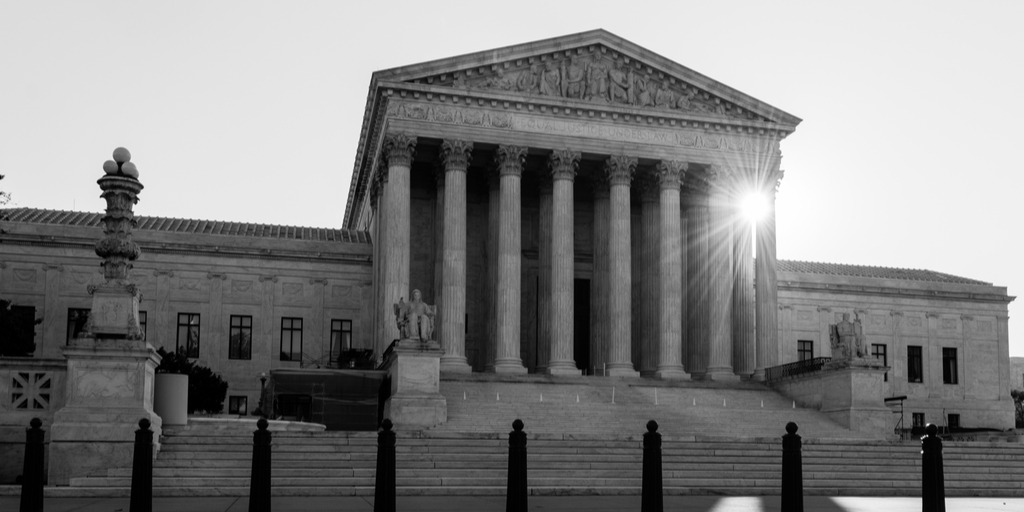

Elonis Facebook Case Has Life Beyond 2015 SCOTUS Decision

Many thanks to the excellent SCOTUSblog for tagging our second cert petition in the Elonis Facebook free speech case as its “Petition of the Day” (June 23, 2017). The case has run a long, interesting course.
Over two years ago, the U.S. Supreme Court ruled for our client, Anthony Elonis, in Elonis v. United States and reversed the Third Circuit’s decision affirming his conviction on interstate threat charges related to his Facebook posts. Chief Justice Roberts explained:
“Elonis’s conviction cannot stand. The Jury was instructed that the Government need prove only that a reasonable person would regard Elonis’s communications as threats, and that was an error. Federal criminal liability generally does not run solely on the results of an act without considering the defendant’s mental state…our holding makes clear that negligence is not sufficient to support a conviction…”
But the case did not end there. The Supreme Court remanded to the Third Circuit; the Third Circuit, taking a cue from Justice Alito’s separate opinion, directed additional briefing on the issue of whether the trial court’s instructional error was harmless; and, after oral argument, the Circuit decided (3-0) that the error was indeed harmless, and the conviction should stand.
Our recent cert petition argues that the Third Circuit, in conflict with other Circuits, still errs in defining the requisite mental state for the crime and misapplies the harmless error framework. The government disagrees, of course. In the meantime, Mr. Elonis has served both his 44-month term of imprisonment and 3 years of supervised release.
Click here for our Petition for a Writ Of Certiorari.
Click here for the “Petition of the Day” on SCOTUSblog.
Disclaimer: This post does not offer specific legal advice, nor does it create an attorney-client relationship. You should not reach any legal conclusions based on the information contained in this post without first seeking the advice of counsel.
Disclaimer: This post does not offer specific legal advice, nor does it create an attorney-client relationship. You should not reach any legal conclusions based on the information contained in this post without first seeking the advice of counsel.


